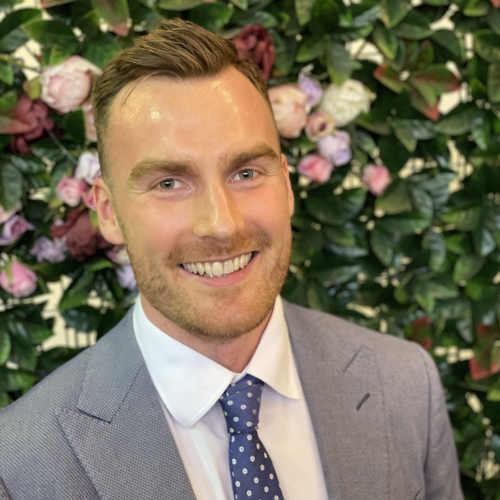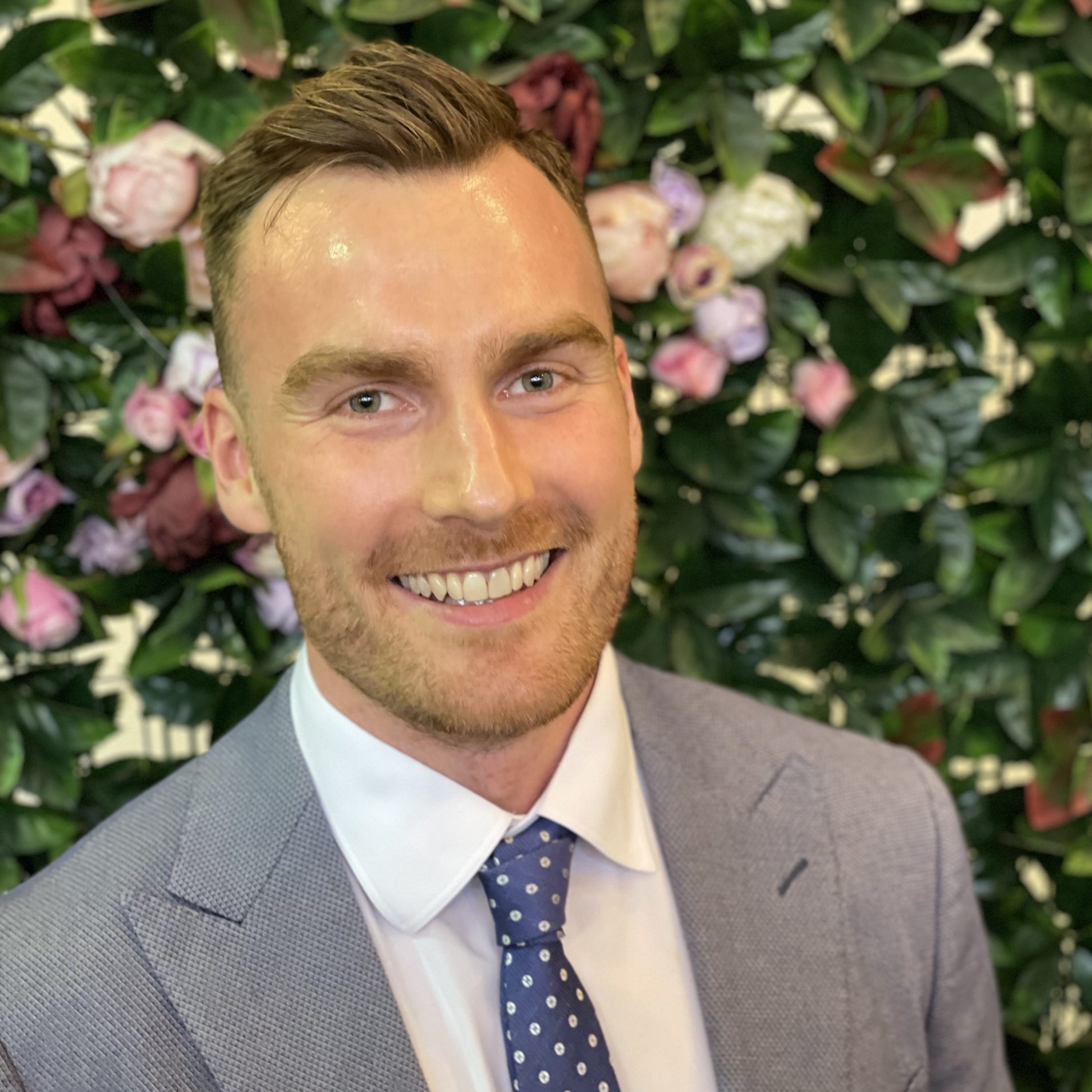
Michael Harper
University of Melbourne
I completed a Bachelor of Paramedicine in 2020 and prior to this a Bachelor of Biomedicine in 2016. I have just finished my first year of a Masters of Science (Bioinformatics) at the University of Melbourne. For my research project I am attempting to predict the severity of COVID-19 based on genetic and molecular properties.
Can you give me a quick overview of the type of mathematics you are studying and its potential applications or outcomes
My research project is using a machine learning approach with many different genetic mutations and molecular characteristics as feature inputs. The mathematics for this requires an understanding of various statistical models that aim to find generalisable predictive patterns based on training data sets. The SARS-CoV-2 genomes that I have access to will hopefully provide a robust foundation from which we can predict the severity of future variants in order to alleviate the burden on healthcare systems.
How did you get into bioinformatics?
I first heard of bioinformatics during my Biomedicine degree and it wasn’t until I started teaching myself Python in the backend of my Paramedicine degree that I really fell in love with computer science. The marriage of biology, computer and data science ticked every box and I haven’t looked back since. I believe bioinformaticians have so much to offer and can make a tangible difference in the world.
What advice would you give to your younger self or others wanting to studying the mathematical sciences?
It’s never too late to pursue what you enjoy. I encourage anyone to really listen and pay attention to what you find joy in. It wasn’t until I started doing what I really enjoyed that I began to feel successful in life despite the many ‘successes’ I had along the way!
What was your motivation for attending AMSI BioInfoSummer?
Since starting my Masters I have jumped at every opportunity to further my skills, knowledge, and relationships in the world of bioinformatics. AMSI was another great opportunity to further my development. My supervisors, David Ascher and Douglas Pires, first told me about the conference and supported my application. The conference covered many aspects of bioinformatics with speakers at the forefront of their areas providing an engaging and approachable environment. It was fascinating learning how different each field is but also how much they depend on the same fundamental principles of biology, mathematics, and computer science. There is something for everyone and I would absolutely recommend attending the conference, even as a someone who is just beginning!
You received an AMSI BioInfoSummer registration scholarship to attend AMSI BioInfoSummer. How important was this in terms of your ability to attend and fully participate in the sessions throughout the week?
As a full time student I felt extremely grateful to have received a scholarship as it meant I could fully participate in the event and afforded me the opportunity to build my foundation in bioinformatics.
What was your main take away from AMSI BioInfoSummer?
The workshops were what I enjoyed most about the conference! From performing long read assembly to conducting machine learning I found the hands on approach both rewarding and educational. They cemented my understanding and ultimately showed me how approachable much of bioinformatics can be (making career choices even more difficult!)
Where do you want the mathematical sciences to take you? Where do you see yourself in five or ten years’ time?
I hope to be working in industry upon completion of my Masters. At this stage I don’t know what exactly that looks like but I know that the skills and knowledge I am building provide me a real chance to explore and further refine what area I would like to go in. AMSI was a great opportunity for me to explore further the multiple avenues bioinformatics can take me down and in five to ten years I hope to be making a positive impact in the world around me!

